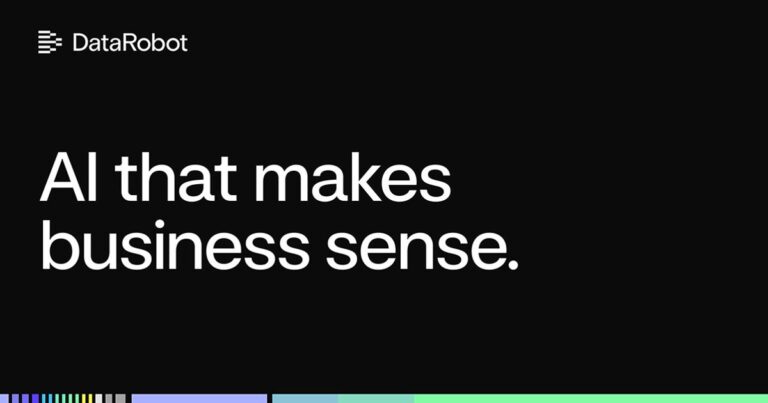AI Tools for Academic Research Papers: Enhancing Efficiency and Innovation
In the rapidly evolving landscape of academia, artificial intelligence (AI) is transforming the way researchers approach their work. From literature reviews to data analysis and writing, AI-powered tools are becoming indispensable in streamlining processes, improving accuracy, and fostering innovation. This article explores the key AI tools reshaping academic research, their applications, and the opportunities and challenges they present.
1. Literature Review: Navigating the Sea of Knowledge
One of the most time-consuming aspects of research is sifting through vast amounts of academic literature. AI tools now enable researchers to efficiently locate, analyze, and synthesize relevant studies.
- Semantic Scholar: Developed by the Allen Institute for AI, this platform uses natural language processing (NLP) to prioritize high-quality papers and provide citation networks, helping researchers identify seminal works.
- ResearchRabbit: This tool visualizes connections between papers, authors, and institutions, offering a dynamic map of a research topic’s evolution.
- Scopus and Web of Science with AI Enhancements: These databases integrate AI to recommend related articles, detect citation patterns, and flag interdisciplinary trends.
By automating the discovery of relevant sources, these tools save researchers hours of manual searching and help them stay updated on the latest findings.
2. Data Analysis: Unlocking Insights with Machine Learning
AI excels at processing large datasets, identifying patterns, and generating actionable insights. Tools like AutoML (Auto Machine Learning) and Python libraries (e.g., TensorFlow, PyTorch) empower researchers to build predictive models without deep programming expertise.
- Jupyter Notebook with AI Integration: Combines coding with AI-driven analytics, allowing researchers to experiment with datasets interactively.
- Tableau and Power BI: These visualization tools leverage AI to detect anomalies, forecast trends, and simplify complex data.
- RapidMiner: A platform that automates data preparation, model building, and evaluation, making advanced analytics accessible to non-experts.
Such tools are particularly valuable in fields like social sciences, biology, and economics, where data-driven conclusions are critical.
3. Writing Assistance: Crafting Clear and Concise Papers
Writing academic papers requires not only technical expertise but also strong communication skills. AI tools now assist in drafting, editing, and refining manuscripts.
- Grammarly and Hemingway Editor: These tools check for grammar, style, and clarity, helping researchers polish their writing.
- Turnitin and iThenticate: Detect plagiarism by comparing texts against vast databases, ensuring originality.
- ChatGPT and other large language models (LLMs): Assist in generating outlines, paraphrasing complex ideas, and even drafting sections of a paper. However, researchers must critically evaluate AI-generated content to maintain academic integrity.
While these tools enhance efficiency, they should complement—not replace—human creativity and critical thinking.
4. Citation Management: Organizing References with Precision
Managing citations can be a logistical challenge. AI-powered tools simplify this process by automating reference formatting and ensuring adherence to specific style guides (e.g., APA, MLA).
- Zotero and Mendeley: These platforms use AI to extract metadata from PDFs, suggest relevant sources, and generate citations in real time.
- EndNote with AI Features: Offers intelligent recommendations for related literature and streamlines collaboration.
Such tools reduce the risk of errors and allow researchers to focus on the content rather than formatting.
5. Ethical Considerations and Challenges
While AI offers immense benefits, its use in academia raises important ethical questions:
- Bias in AI Outputs: Algorithms trained on biased datasets may perpetuate inequalities or skew research findings.
- Plagiarism and Academic Integrity: Over-reliance on AI for writing or data analysis could lead to unintentional plagiarism or a lack of original thought.
- Transparency and Accountability: Researchers must disclose AI’s role in their work and critically assess its limitations.
To address these issues, institutions are developing guidelines for responsible AI use, emphasizing human oversight and ethical training for AI systems.
6. The Future of AI in Academic Research
As AI technology advances, its integration into academia will likely deepen. Future trends may include:
- Personalized Research Assistants: AI systems tailored to individual researchers’ needs, offering real-time feedback and collaboration.
- Enhanced Collaboration Tools: Platforms that use AI to facilitate interdisciplinary research and global teamwork.
- Ethical AI Frameworks: Standards to ensure fairness, transparency, and accountability in AI-driven research.
Conclusion
AI tools are revolutionizing academic research by making processes faster, more accurate, and more accessible. From literature reviews to data analysis and writing, these technologies empower researchers to focus on innovation rather than administrative tasks. However, their responsible use requires a balance between leveraging AI’s capabilities and upholding the core principles of academic rigor and integrity. As the field evolves, embracing AI as a collaborative partner—rather than a replacement—will be key to advancing knowledge in the 21st century.
By adopting these tools thoughtfully, researchers can unlock new possibilities, accelerate discoveries, and contribute to a more efficient and inclusive academic ecosystem.







